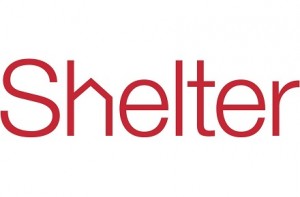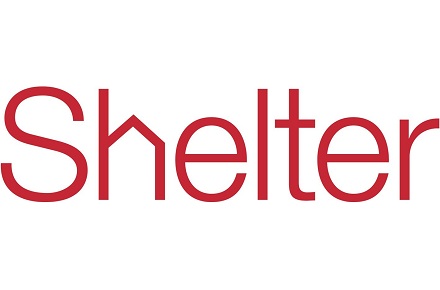Shelter is urging renters to make sure their deposits are protected, as calls to their helpline about deposit protection problems have increased by more than 80% in the last two years.
 |
| [relatedPosts title=”Related Posts”] |
|
|
The average deposit needed to move into a privately rented home is £979. Having a deposit withheld when a tenancy ends can push people into debt and make it difficult for them to move to another property without the money for a new deposit.
Tenancy deposit protection schemes were introduced in 2007 to ensure that landlords kept deposits safe, but awareness of the schemes remains low.
A recent survey by digital inventory specialist Imfuna showed that 57% of private renters were not aware of the schemes when their tenancy began, creating little incentive for landlords to comply with the law.
In 2011, Shelter successfully campaigned to tighten up tenancy deposit legislation to provide greater protection for renters.
Landlords who fail to place their tenants’ deposit in one of three authorised schemes within 30 days of a tenancy starting can now be taken to court. They could face a penalty of one to three times the value of the deposit, which is then awarded to the tenant.
Shelter’s Chief Executive Campbell Robb said:
‘It is extremely worrying that we have seen such a huge rise in problems with tenancy deposits at a time when privately renting is no longer just a stepping stone to something better, but a long term reality for more and more families.
‘While we know that most landlords do the right thing, some cause absolute misery for their tenants; accusing them of owing thousands of pounds for damage that doesn’t exist, or falsely claiming to have protected their deposit and then never returning it.’
‘With the improved legislation now in place I strongly urge all renters to make sure their deposit is protected using our three minute online checker.
‘Without that protection renters are putting themselves at the mercy of unscrupulous landlords and risk losing their hard-earned money that they paid in good faith.’
.





